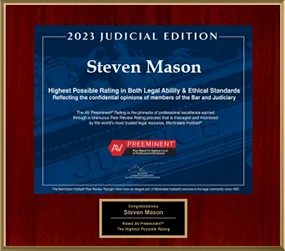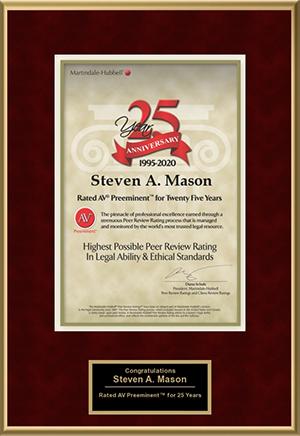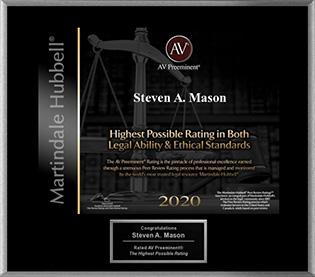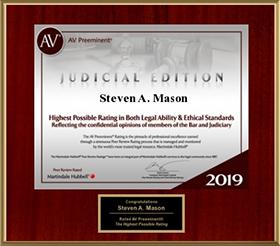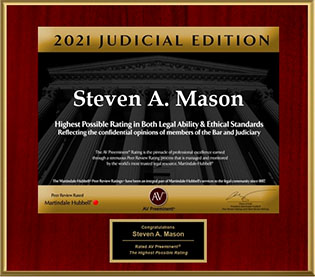From Community Property To Equitable Distribution: What Changes?

It is a fact of life that sometimes, employment or family considerations necessitate moving, often from state to state. Doing so is rarely easy, as it can be a bit of a culture shock even moving a mere handful of miles, and a move is doubly hard if it comes coupled with marital problems. If a divorce is on the horizon, understanding the divorce laws of your new state can give you a small advantage on a spouse who may not bother doing their research.
Community Property: All About Equality
Community property is the minority method of marital asset distribution in the United States, with nine states currently choosing to use it (Louisiana is the closest to Florida), and two opting to let couples create community property (Alaska and Tennessee) if they choose to. The system is based on French and Spanish colonial systems, which are rooted in European civil law – the rationale is that in theory, each spouse contributes to the marriage, and in most cases, their contributions can roughly be seen as equal, so both spouses should benefit equally from the marriage’s division.
Despite adhering to the same method of asset distribution, the specific rules in each state’s community property system will differ. Louisiana, for example, holds that the title of an asset is irrelevant to determining the status of that asset as community or separate property, while in other states such as Nevada, the title is controlling. The details do matter – but ultimately, unless there is a profound inequity, the marital assets in a community property state will be divided as close to equally as possible.
Equitable Distribution: All About Equity
By comparison with community property states, Florida’s equitable distribution system is very similar to those of all the other equitable distribution states, save one exception: while “equitable” means “fair,” Florida state law also holds that as a matter of public policy, “equitable” should be as close to “equal” as possible. Other equitable distribution states such as Illinois make no mention of equal divisions, preferring to stick to issues of fairness. Thus, in Florida, you might expect a roughly equal division of marital property, but wind up on the short end of the proverbial stick because your spouse has some factor or condition that inhibits their ability to earn.
Because asset division under the theory of equitable distribution is not uniform or split down the middle, courts in Florida must consider multiple factors when determining how best to divide marital assets. Examples include the length of the marriage, the earning potential of both parties, any history of asset dissipation or other waste, whether or not one spouse helped the other to obtain credentials or degrees to increase their earning potential, and so on. These factors may be discussed in a community property jurisdiction, but there is no inherent obligation to do so.
Contact A Florida Divorce Attorney
It may seem morbid to think about divorce rules before a decision to divorce is official, but in reality, it can come in handy, especially if you have not been living in Florida very long. If you have further questions about equitable distribution rules, the Hollywood divorce attorneys at the Law Offices of Steven A. Mason, P.A. can sit down with you and try to help. Contact the Fort Lauderdale and Hollywood Law Offices of Steven A. Mason, P.A. for legal advice at 954-963-5900 or leave a message online.
Resource:
investopedia.com/personal-finance/which-states-are-community-property-states/


